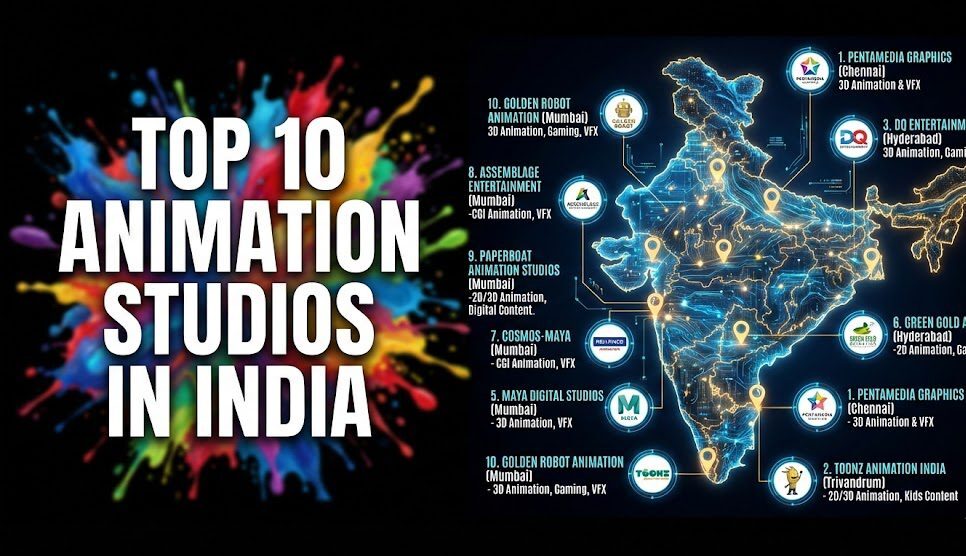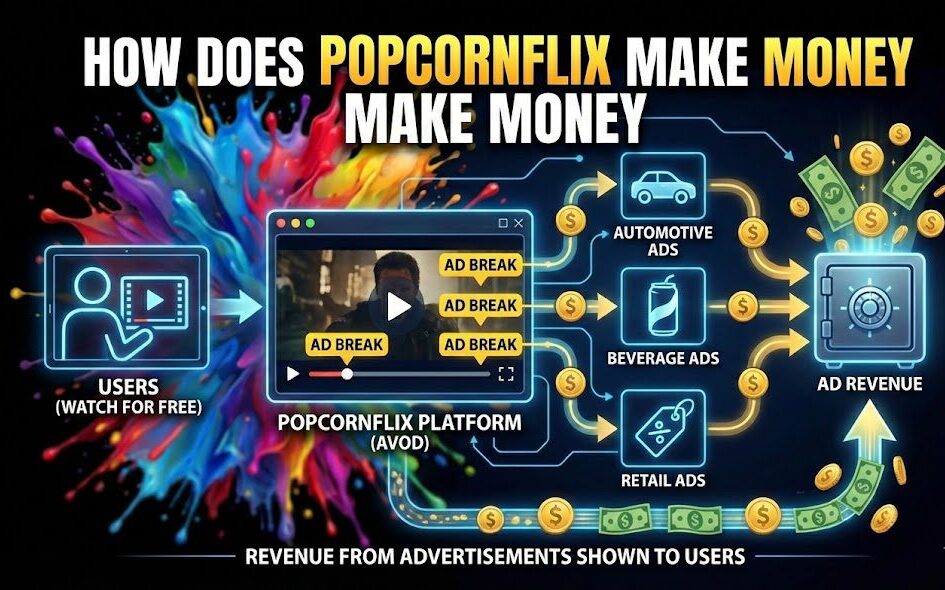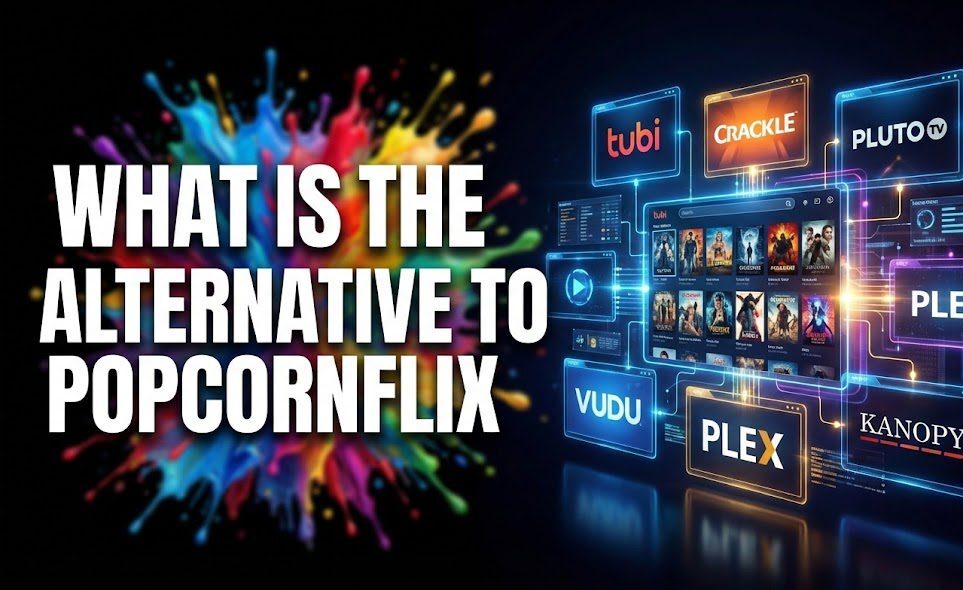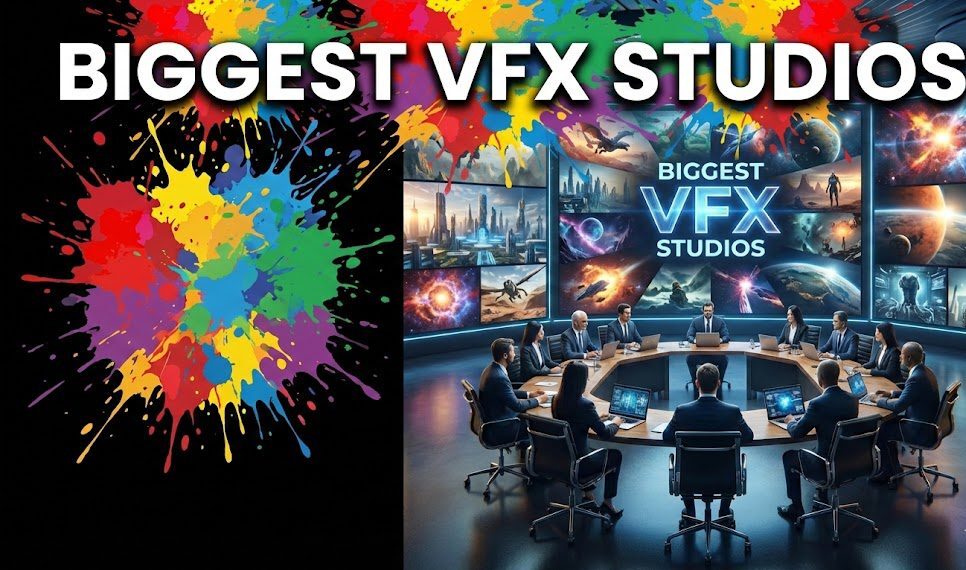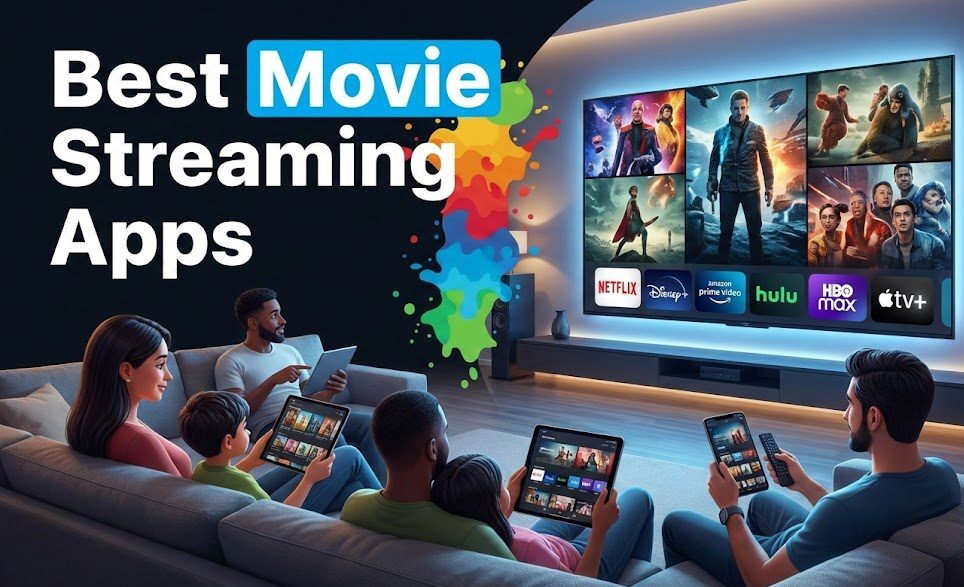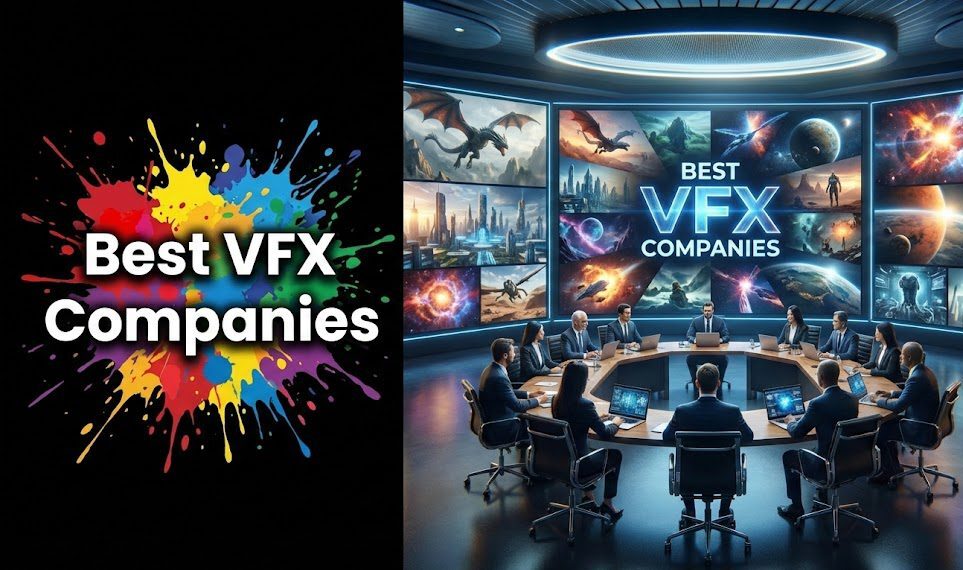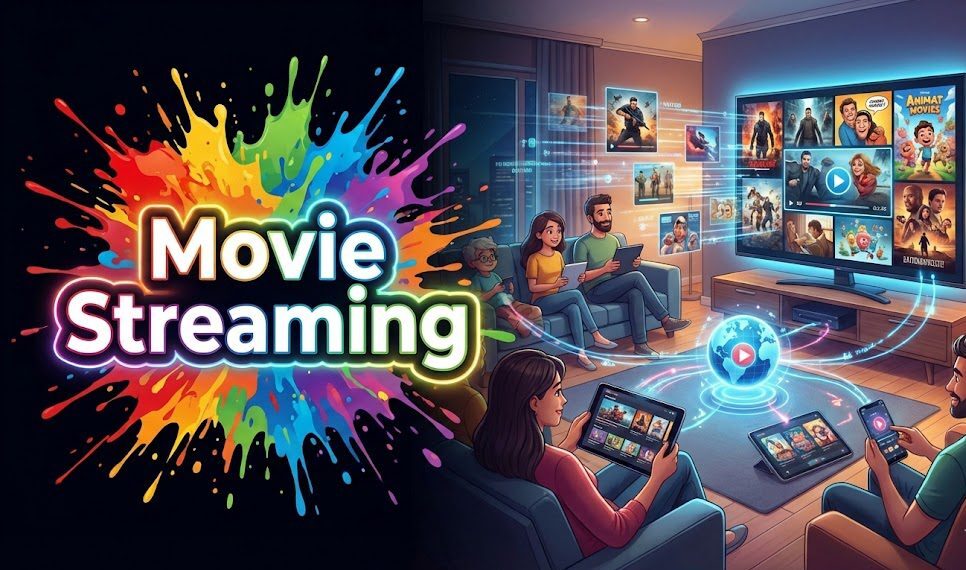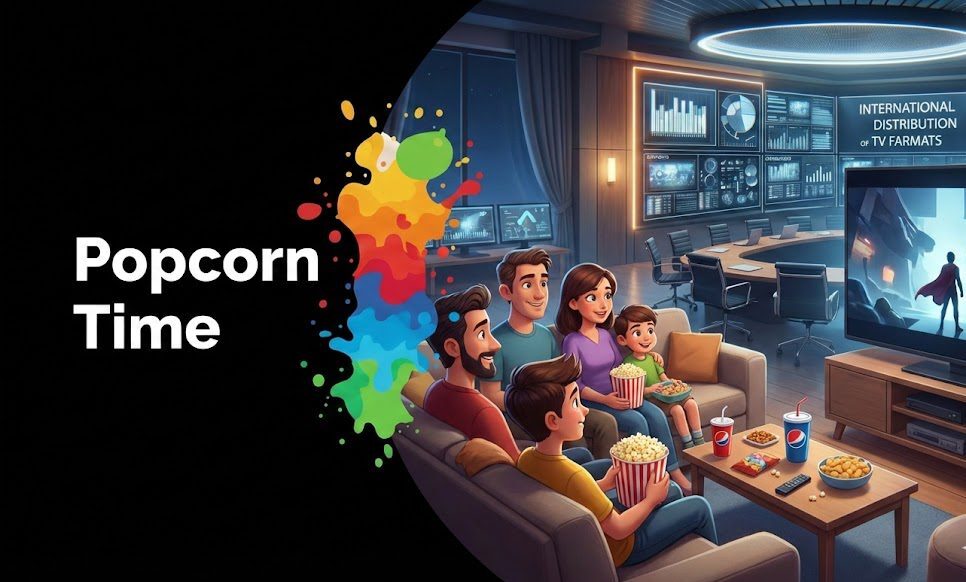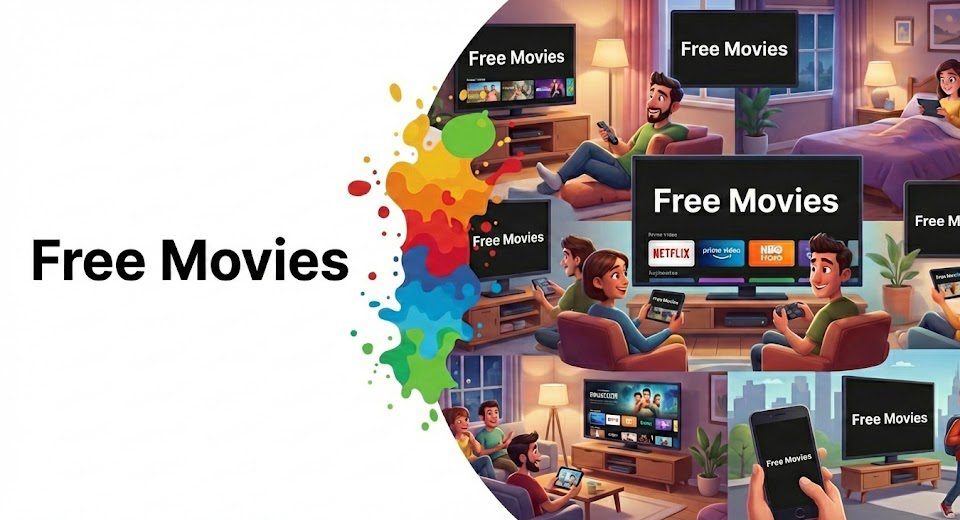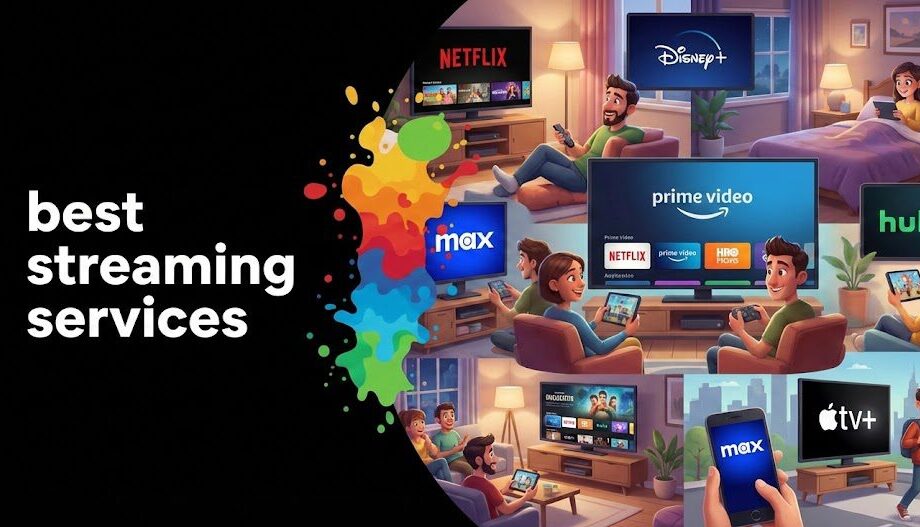Introduction
In the age of streaming and digital content, there’s a growing hunger not just for new stories—but for timeless classics, beautifully reborn. Enter restoration deals—strategic collaborations that breathe new life into classic films and TV shows by digitally remastering them for modern audiences. Whether it’s a vintage black-and-white drama from the 1950s or a regional cult favorite from the ’80s, restoration transforms aging reels into stunning 4K, HD, or even 8K digital experiences.
Table of content
- Introduction
- What is a Restoration Deal?
- Importance of Restoration in Film
- Types of Restoration Deals
- How Restoration Works: From Analog to Digital
- Key Players in Restoration Deals
- Distribution and Re-Release Models
- Challenges in Film Restoration
- How Vitrina Helps with Restoration Deals
- Key Takeaways
- FAQs
Find Restoration Experts via Vitrina

What is a Restoration Deal?
A restoration deal refers to an agreement between content owners and restoration partners—such as post-production studios, archives, or streaming platforms—to digitally enhance, remaster, and re-release classic films and TV content. These deals often involve restoring analog content into high-definition (HD), 4K, or even 8K formats, improving visuals, audio, and sometimes even subtitles or metadata, to meet modern viewer expectations.
Importance of Restoration in Film
Film restoration is not just about visual enhancement—it’s about cultural preservation. Classic cinema from around the world is vulnerable to degradation over time. Restoration ensures that timeless stories, rare cinema gems, and culturally significant narratives are preserved, enhanced, and brought to new audiences.
With the rise of streaming platforms and global film festivals, the demand for restored content has surged, making restoration deals a lucrative opportunity in today’s entertainment ecosystem.
Types of Restoration Deals
- Content Owner–Restoration Studio Deal: The most common type, where content owners partner with specialist post-production houses for remastering.
- Archive Licensing Deal: When archives or public broadcasters license older content for restoration and distribution.
- Platform-Led Restoration Initiatives: Streamers like Netflix, MUBI, or Criterion may fund or commission restoration to enrich their classic content library.
- Restoration + Distribution Combo Deals: Some deals involve restoring and directly licensing the content to new international markets.
Grants + Cultural Funds: Often initiated by cultural institutions, these deals offer funding to restore films of national importance.
Amplify Your Vintage Library Reach

How Restoration Works: From Analog to Digital
- Source Material Scanning: Original film reels, tapes, or negatives are digitized using high-resolution scanners.
- Digital Cleanup: Scratches, flickers, and damage are digitally cleaned using software.
- Color Correction and Grading: Enhances the visual tone while retaining the filmmaker’s original intent.
- Audio Restoration: Removes hiss, static, and balances the sound levels.
- Metadata Tagging and Subtitling: Adds subtitles, language options, and deep metadata tagging for modern audiences and discoverability.
Final Mastering and Export: Delivered in digital formats (DCP, ProRes, MP4) ready for streaming or theatrical re-release.
Key Players in Restoration Deals
- Film Archives & National Institutions (e.g., British Film Institute, National Film Archives)
- Specialist Post Studios (e.g., L’Immagine Ritrovata, Prasad Labs)
- Content Libraries & Rights Owners
- Broadcasters & Streamers (Netflix, MUBI, Criterion)
- Distributors specializing in classic cinema
- Festivals focusing on heritage cinema
Distribution and Re-Release Models
- Theatrical Re-Releases (Classic Films in 4K Cinema)
- OTT Platform Releases (Streamers creating curated vintage content channels)
- Festival Circuits (Retrospectives and restored classics screenings)
- Blu-ray/DVD Collector Editions
- Academic & Educational Licenses
Challenges in Film Restoration
- Sourcing original materials
- Copyright clearance and licensing complexities
- High costs of restoration equipment and skilled labor
- Lack of documentation for older projects
- Market demand unpredictability
- Metadata loss in analog formats
How Vitrina Helps with Restoration Deals
Vitrina’s platform bridges the gap between content rights holders and restoration experts. Whether you’re a library owner looking to monetize classic titles or a post house wanting restoration leads, Vitrina empowers you to:
- Discover restoration deal opportunities across 100 countries
- Profile specialist post-production partners by service capabilities
- Access verified contact details of decision-makers in restoration projects
- Match heritage content with suitable OTT or distribution partners
- Monitor restoration trends and funding programs globally
- Use the Vitrina Global Film+TV Projects Tracker API to discover projects ready for remastering and outreach accordingly
Key Takeaways
- Restoration deals are booming with the resurgence of interest in classic cinema.
- From content owners to OTTs, every player has a role to play in the restoration ecosystem.
- Digital restoration brings cultural preservation and commercial opportunity together.
- Vitrina is your go-to solution to discover, qualify, and connect with the restoration ecosystem globally.
Frequently Asked Questions
Content owners, streamers, archives, and sometimes cultural institutions.
Absolutely, especially with Vitrina’s profiling and outreach support.
DCP, 4K ProRes, Blu-ray, and OTT-ready formats.




























